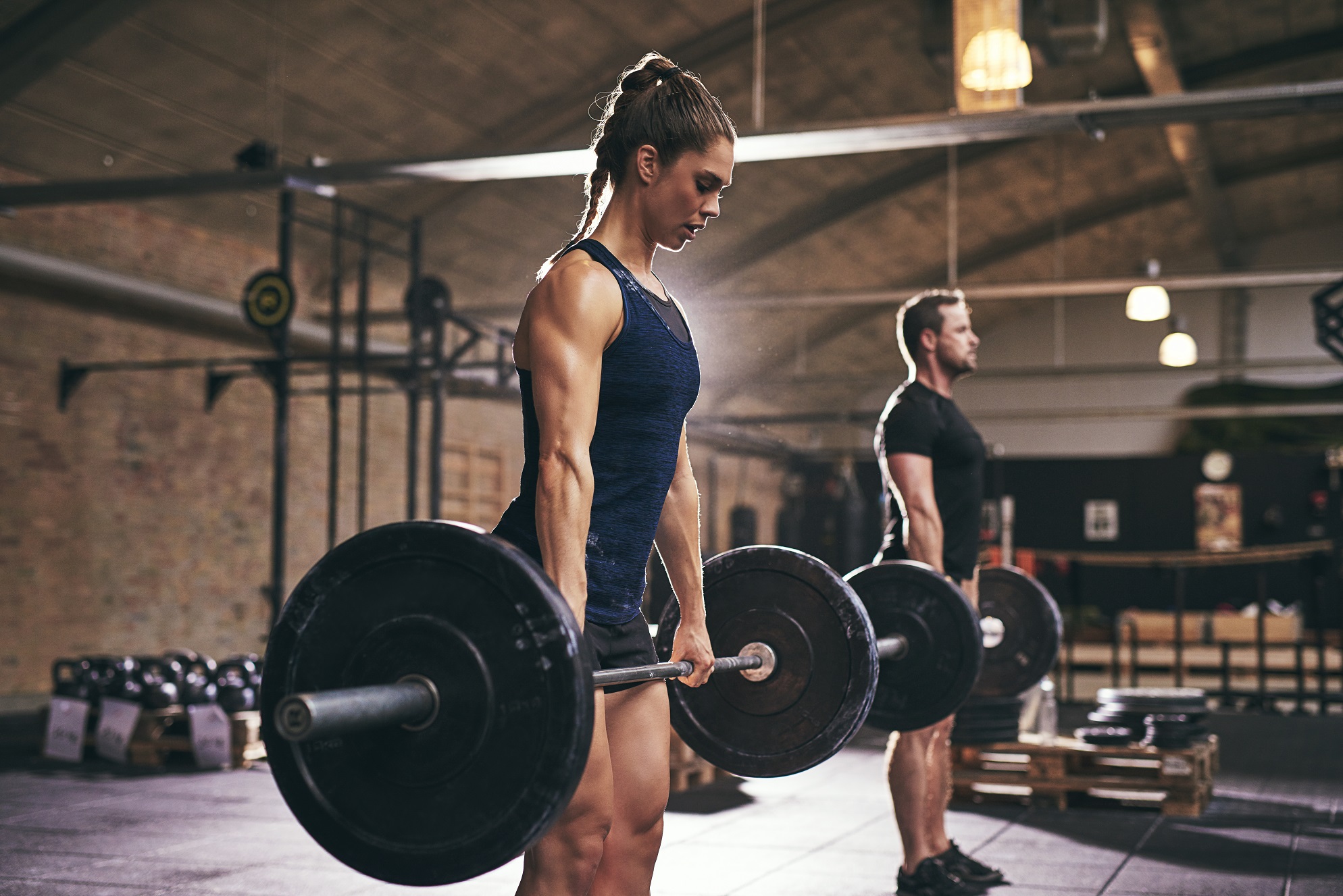Силовые виды спорта, такие как тяжёлая атлетика и пауэрлифтинг, требуют особого подхода к питанию. Независимо от того, тренируетесь ли вы для соревнований или для личных целей, ваше питание может существенно влиять на ваши результаты и восстановление. В этом руководстве мы рассмотрим стратегии питания, которые помогут вам максимально раскрыть свой силовой потенциал.
Понимание ваших целей
1. Определите свои цели:
Вы готовитесь к соревнованиям по пауэрлифтингу, стремясь поднять максимально возможные веса в трёх конкретных упражнениях (приседание, жим лёжа, становая тяга)? Или вы тяжелоатлет, сосредоточенный на рывке и толчке для развития взрывной силы? Ваши цели будут определять ваши потребности в питании.
Макронутриенты имеют значение
1. Белок:
Белок критически важен для восстановления и роста мышц. Стремитесь к потреблению 1,6–2,2 грамма белка на килограмм веса тела в день. Высококачественные источники включают постное мясо, птицу, рыбу, молочные продукты и продукты растительного происхождения, такие как тофу и бобовые.
2. Углеводы:
Углеводы — ваш основной источник энергии. Для спортсменов, занимающихся силовыми видами спорта, сложные углеводы, такие как цельнозерновые, овес, рис и картофель, должны составлять значительную часть рациона. Потребление достаточного количества углеводов может предотвратить усталость во время тренировок.
3. Жиры:
Полезные жиры поддерживают общее состояние здоровья и выработку гормонов. Включите в свой рацион такие источники, как авокадо, орехи, семена и оливковое масло. Около 20–30% ваших суточных калорий должны поступать из жиров.
Время приема пищи
1. Перед тренировкой:
Сбалансированный приём пищи за 2–3 часа до тренировки. Включите в рацион углеводы для энергии и белок для поддержки мышц. Небольшой, легкоусвояемый перекус, например, банан или протеиновый батончик, подойдёт, если тренировка состоится в течение часа.
2. После тренировки:
Восстановитесь, приняв пищу, богатую белком и углеводами, в течение 2 часов после тренировки. Это поможет восполнить запасы гликогена и запустить процесс восстановления мышц.
Добавки
1. Белковые добавки:
Сывороточный протеин, казеин или растительные протеиновые порошки помогут удовлетворить вашу суточную потребность в белке, особенно если вам сложно получать его только из цельных продуктов.
2. Креатин:
Моногидрат креатина может повысить силу и выносливость. Принимайте 3–5 граммов в день для достижения оптимальных результатов.
3. Аминокислоты с разветвлённой цепью (BCAA):
BCAA способствуют восстановлению мышц и уменьшают мышечную боль. Принимайте их во время тренировок.
Гидратация важна
1. Поддерживайте водный баланс:
Обезвоживание может привести к снижению силы и производительности. Пейте воду регулярно в течение дня, а во время интенсивных тренировок рассмотрите возможность употребления спортивных напитков с электролитами.
Помните, что питание очень индивидуально. То, что подходит одному спортсмену, может не подойти другому. Экспериментируйте с разными подходами, отслеживайте свой прогресс и консультируйтесь с диетологом или нутрициологом, чтобы разработать индивидуальный план питания, который поможет вам достичь ваших целей в силовых показателях.
